Essential Nutrients for Healthy Skin – What to Eat? - Dermatologist Explains
- Dr. Alpana Mohta
- Apr 11, 2024
- 3 min read
Updated: Jun 20, 2024
“Let food be thy medicine and medicine be thy food.” - Hippocrates
The idea that the food we eat can be as impactful as medicine in maintaining our health holds a lot of significance, especially when it comes to our skin. Many naturally occurring substances in our diet have been found to potentially slow down the aging process. While diet can indeed influence your skin's health, be aware that not all information floating around online is grounded in science.
This guide is intended to be your cheat sheet for introducing dietary strategies for skin health.
Vitamins for Skin
Vitamin C
Did you know that your body doesn't naturally produce Vitamin C? This water-soluble vitamin is a superhero for your skin. Research has found a very strong role of vitamin C in stimulating collagen production, which keeps your skin firm and helps in healing wounds. It also tackles hyperpigmentation.
What Foods to Eat for a Good Source of Vitamin C?
Turn to citrus fruits, guava, and parsley for your daily dose of vitamin C.
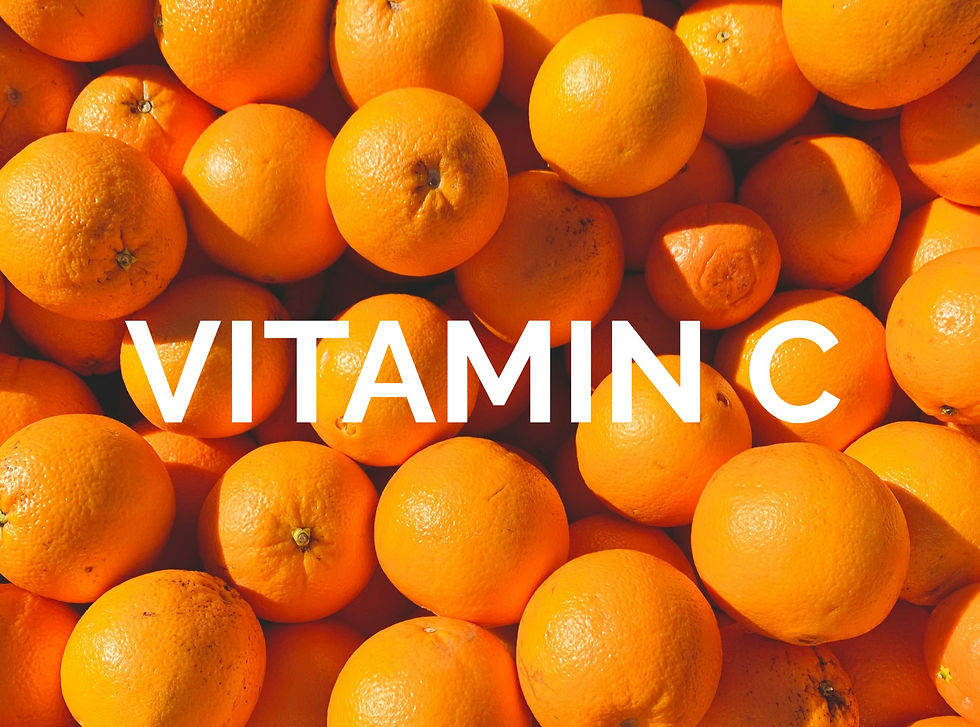
Vitamin E
Another tried and tested vitamin with one of the most robust evidence for promoting healthy skin is Vitamin E. Alpha-tocopherol, the most potent form of vitamin E, is your skin's shield against environmental damage. This fat-soluble vitamin is a partner in crime with Vitamin C, working together to fend off skin damage.
What Foods to Eat for a Good Source of Vitamin E?
The richest sources of Vitamin E include sunflower seeds, almonds, hazelnuts, and vegetable oils like wheat germ, sunflower, and safflower oil.
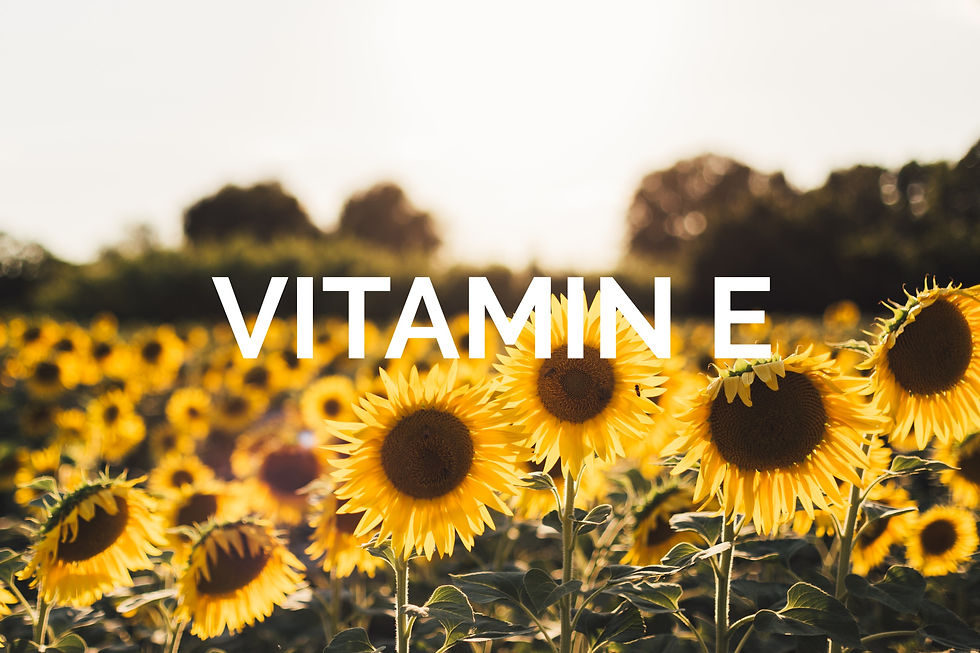
Carotenoids for Skin - What to Eat
Despite their crucial role in skin health, many of us aren't getting enough carotenoids like β-carotene and lycopene. Clinical studies have confirmed that these natural compounds bolster your skin's defense against sunburn.
What Foods to Eat for a Good Source of Carotenoids?
Look towards colorful fruits and vegetables to up your carotenoid intake.

Selenium for Skin - What to Eat
Selenium is a vital trace element and antioxidant that protects against oxidative stress, UV damage, and aging through enzymes like glutathione peroxidase and thioredoxin reductase. It has been shown to reverse UV damage, potentially inhibit wrinkles, and may even contribute to skin cancer prevention.
What Foods to Eat for a Good Source of Selenium?
Brazil nuts, seafood (tuna, halibut, sardines, shrimp), organ meat, mushrooms, sunflower seeds, and spinach are some of the richest sources of selenium.
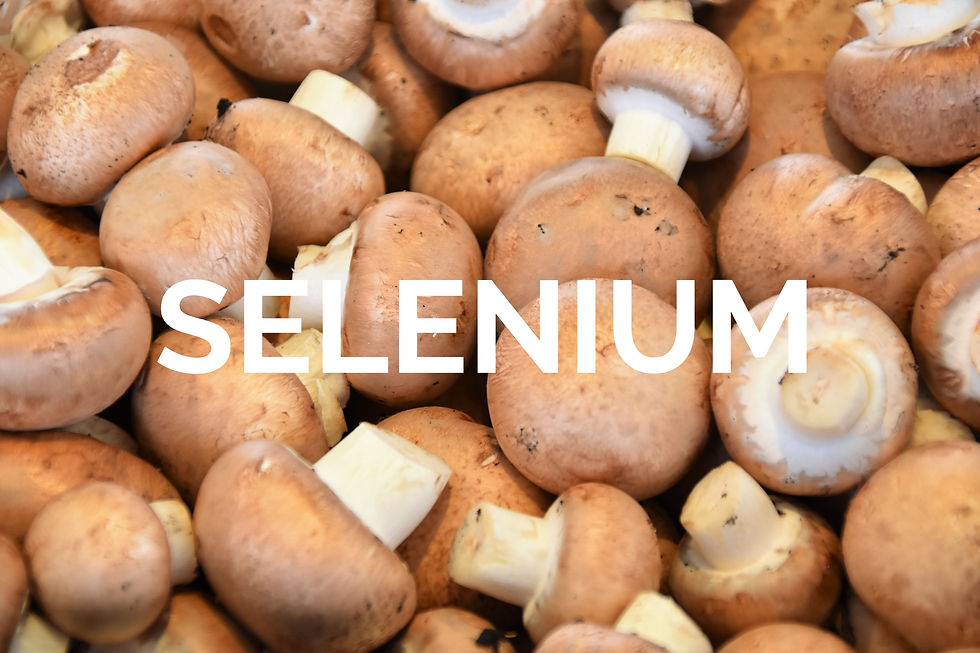
Zinc for Skin
Another trace element, zinc, is key to the optimal functioning of the epidermis (the topmost layer of skin). Zinc is involved in metabolic regulation and enzymatic reactions and functions as an antioxidant, protecting skin cells from free radical damage, providing skin immunity, and holding skin healing properties.
What Foods to Eat for a Good Source of Zinc?
Foods rich in zinc include meats, nuts, seeds, and legumes.
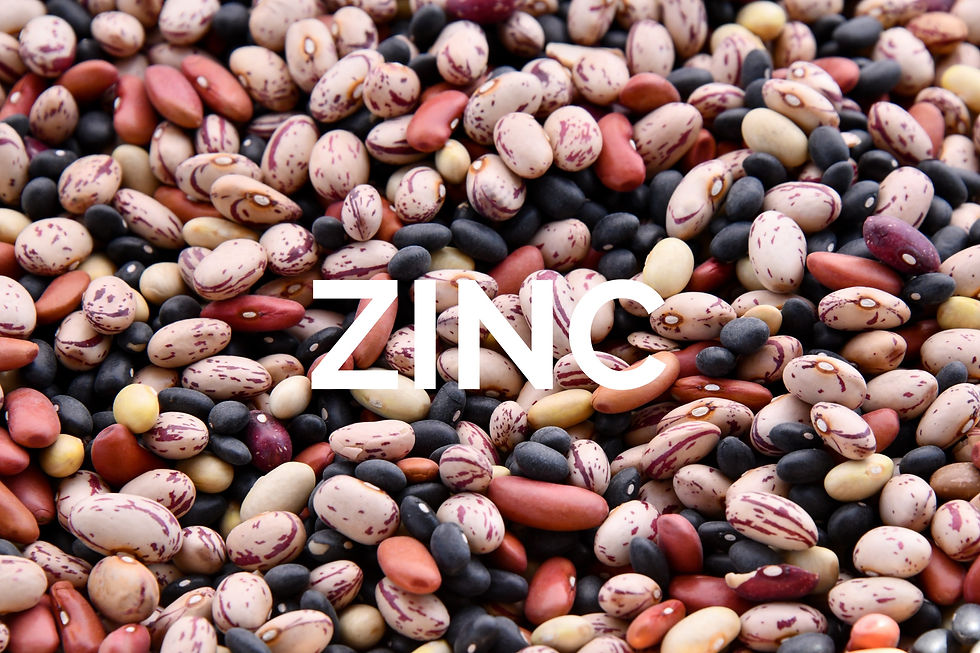
Copper for Skin
Copper promotes skin healing by stimulating dermal fibroblast proliferation and serving as a cofactor for enzymes like superoxide dismutase that protect against oxidative damage.
What Foods to Eat for a Good Source of Copper?
Common in many foods, copper is also utilized in cosmetic products as copper-peptide complexes to enhance collagen and elastin synthesis. Dietary sources include liver, oysters, nuts, seeds, and whole grains.
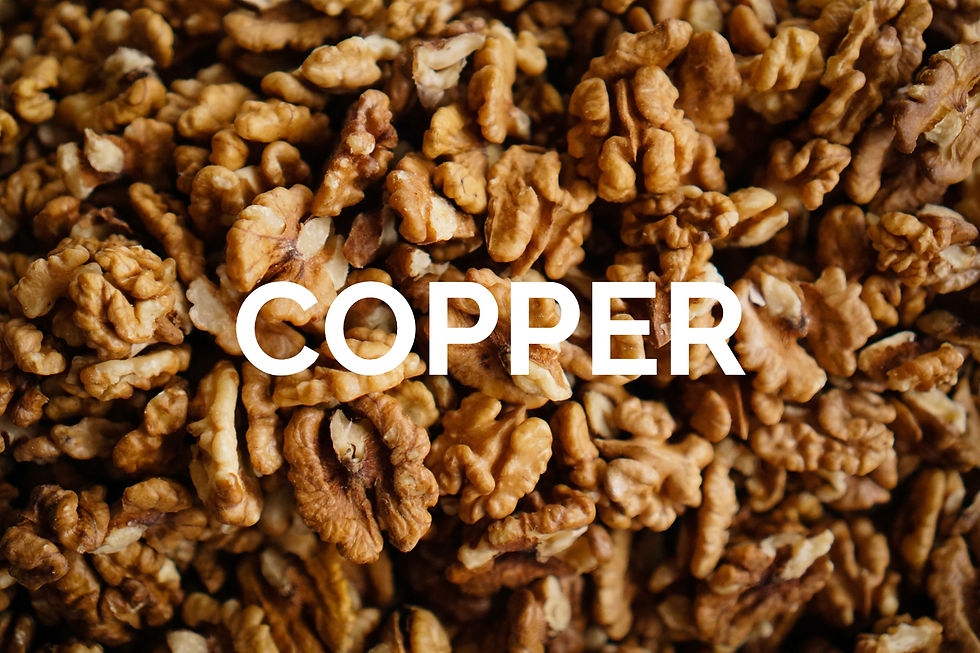
Astaxanthin
This powerful antioxidant is found in marine life. Studies show it not only protects your skin from harmful rays but also improves skin texture and reduces signs of aging.
What Foods to Eat for a Good Source of Astaxanthin?
Astaxanthin is found in salmon, trout, shrimp, krill, crayfish, and many microalgae.
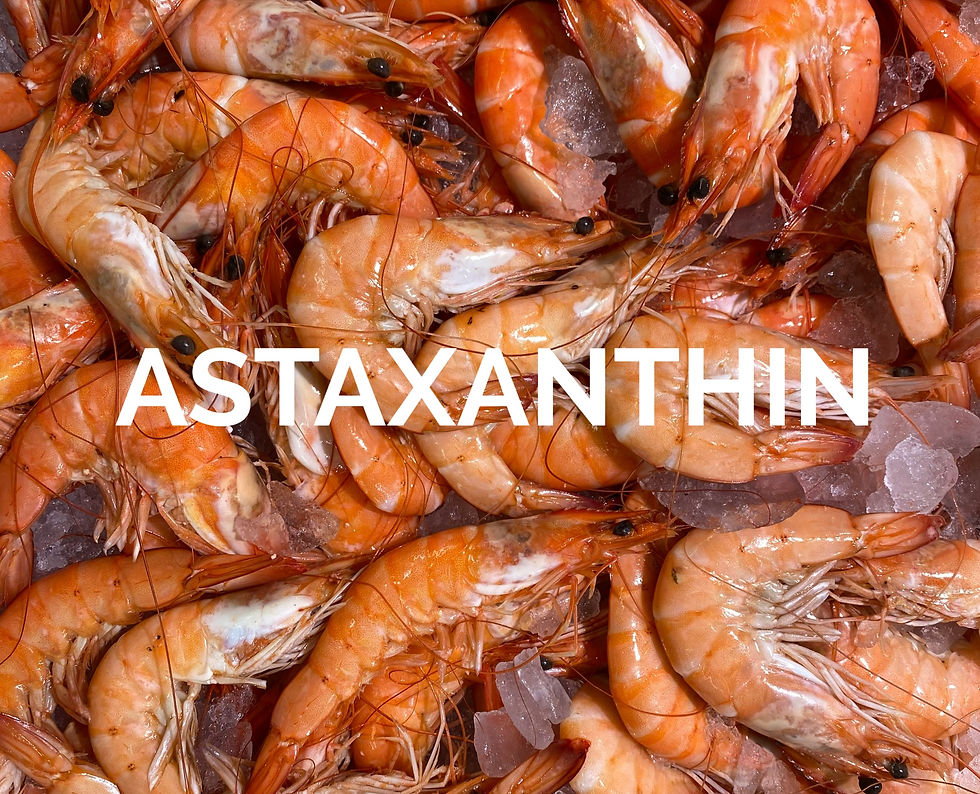
Coenzyme Q10
Coenzyme Q10 AKA CoQ10, while known for energy production, is also a potent skin booster. It reduces wrinkles and improves skin texture. This nutrient works best when combined with Vitamin E and selenium.
What Foods to Eat for a Good Source of Coenzyme Q10?
Coenzyme Q10 is found in foods like fatty fish, organ meats, whole grains, nuts, and seeds.
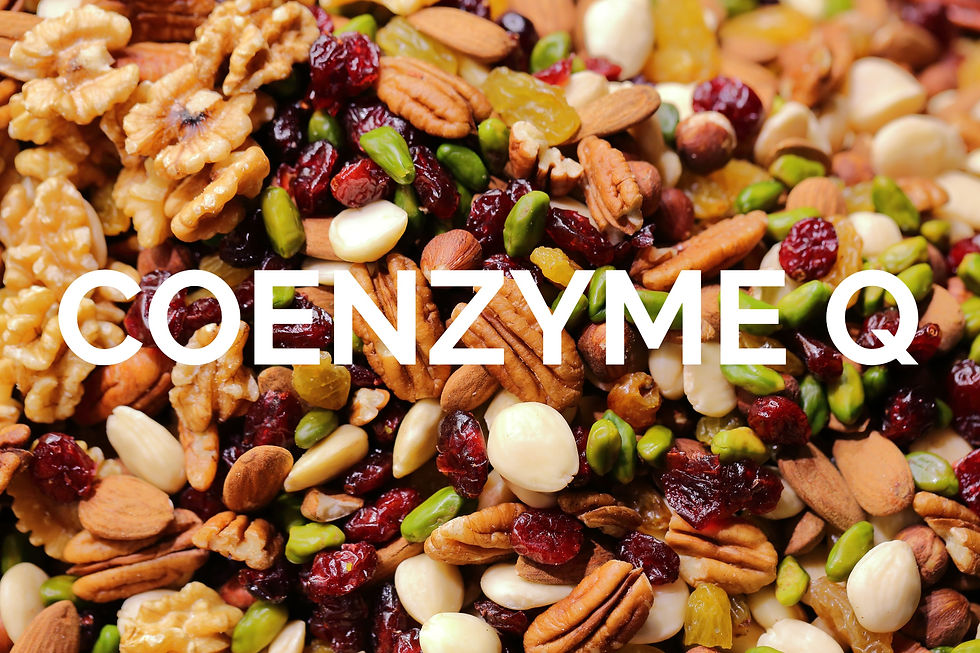
Many physicians lean towards prescribing supplements, but consulting a dermatologist can ensure you get the right amount of skin-beneficial nutrients from your diet itself. It's important to balance your intake, as overconsumption won't provide additional benefits.
While nutrition plays a crucial role in skin health, it's part of a larger puzzle that includes a healthy lifestyle and skincare routine. So, as you make these dietary changes, It's not just about what you eat but also how and when.
Conversely, Excessive nutrient intake, like eating too many oranges for that extra dose of vitamin C, won't bring extra benefits either. Regular, balanced meals and staying hydrated are non-negotiable for maintaining skin health.


Comments